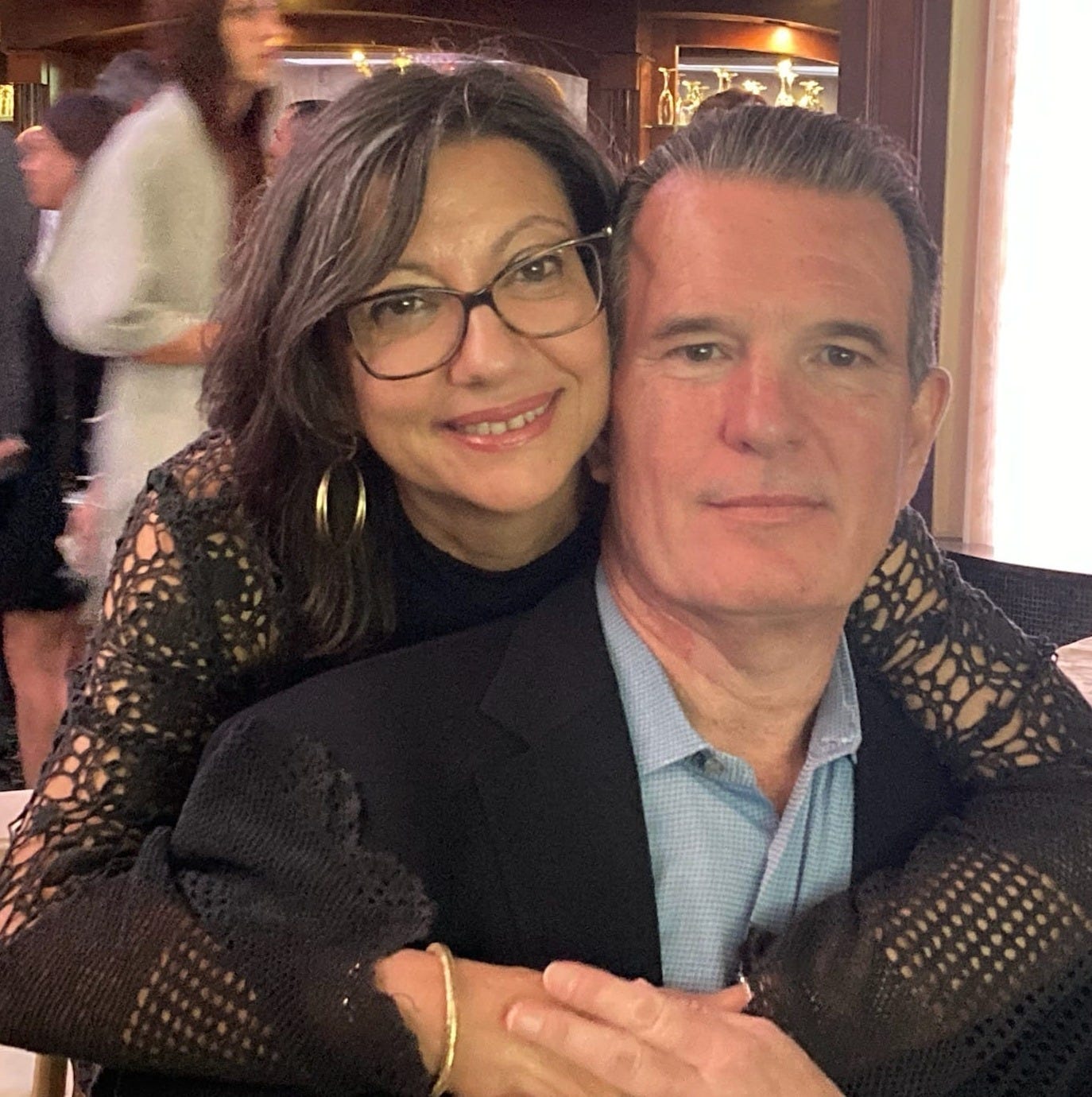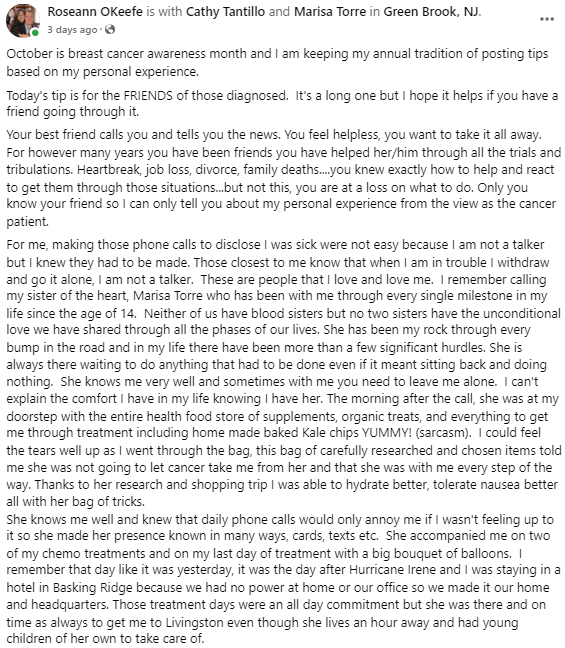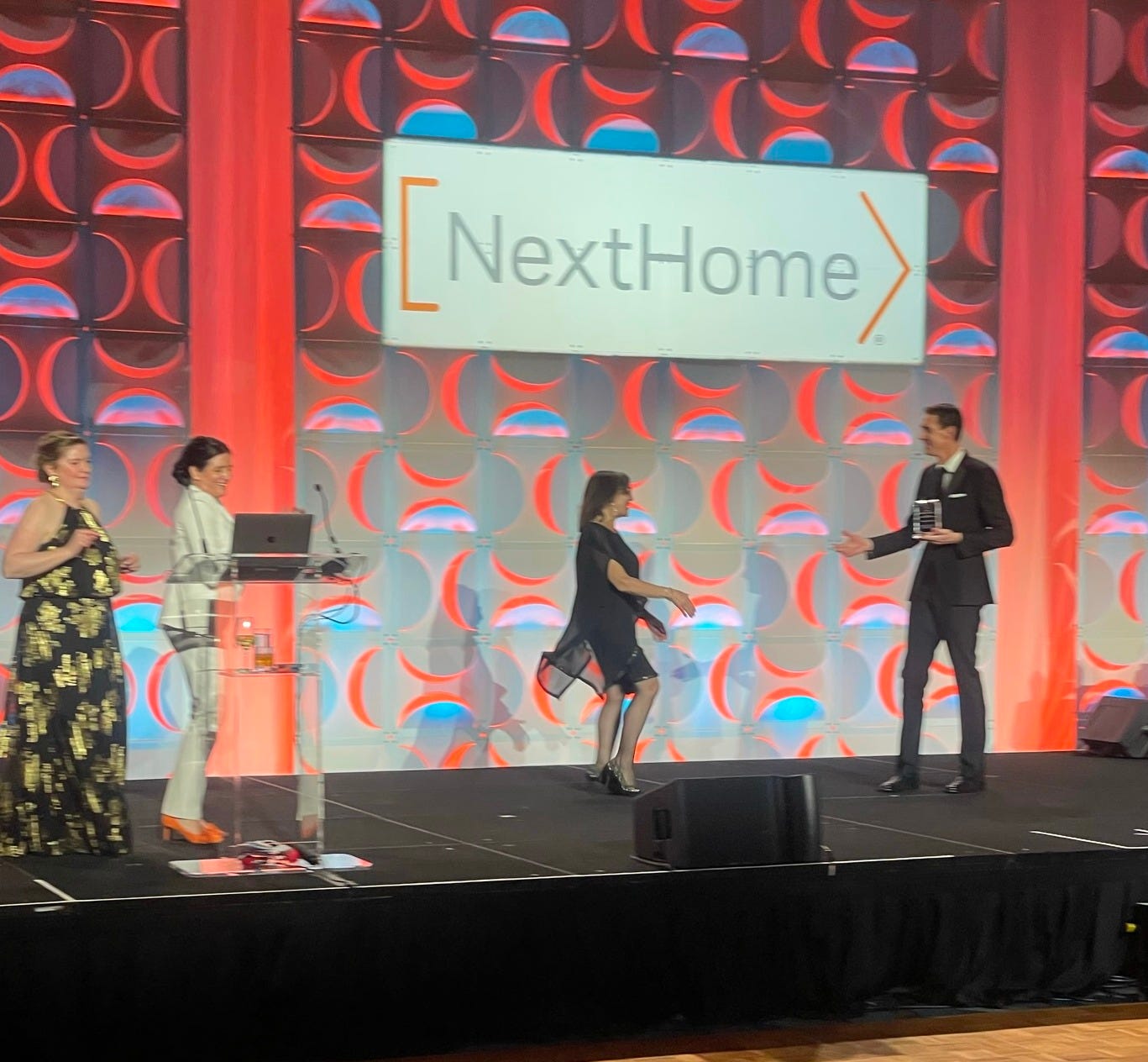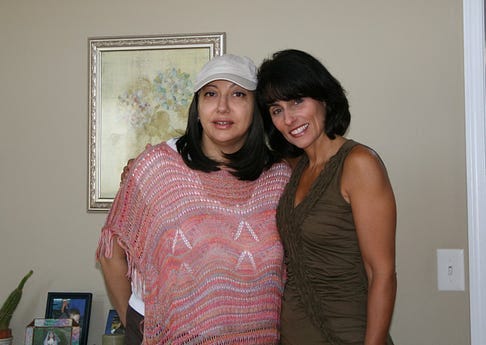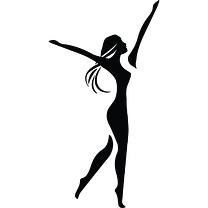Cameo: Roseann O'Keefe Finds New Strength & Recognizes the Value of Self Care
Top-producing realtor and mom of two sons talks about her back to back battles with breast cancer and thyroid cancer.
Because October is Breast Cancer Awareness Month, Belle Curve Stories is sharing inspiring stories of survivors who have demonstrated incredible grit, grace, and growth throughout their journeys. We are truly honored to share these stories. For our regular subscribers, you’ll notice a slight change in format — these features, which we’re calling "Cameos," are presented in a Q&A style. In this issue, we introduce you to Roseann O'Keefe, 60, a top-producing realtor with NextHome Premier in New Jersey.
Q: Roseann, thank you for taking the time to share your story. Can you tell us a bit about yourself?
A: Sure. I’m Roseann O’Keefe and I’m 60 years old. I've been a top-producing realtor for the past 17 years and was previously on Wall Street. I also managed the back office for my husband’s tech company, which we sold in January 2024. My oldest son, Ryan is 30, married, and living in Georgia, while my youngest son, Nick is 24 and lives in Washington DC, where he’s working on his master’s degree at George Washington University. He’s also a tour guide, as he speaks six languages.
Q: Tell us about your breast cancer diagnosis.
A: I was 46 years old when I was diagnosed. In March 2011, I had a clean mammogram. I was so busy that I put off my gynecology appointment by six months, which ended up saving my life. During the breast exam, my gynecologist found a very small lump. Even though he was sure it was nothing, he immediately referred me to a breast surgeon to be safe. I had an ultrasound and another mammogram. The results of these tests showed that the lump was highly suspicious. That’s when I was diagnosed with invasive ductal carcinoma, HER2 positive, and estrogen positive. It was only 1.2 centimeters, but it was very aggressive. From the time I was diagnosed to the time I had surgery only 2 weeks later, the tumor grew to 1.8 centimeters and was in the channels of my lymph nodes.
Q: What type of treatment did you receive?
A: The HER2 positive classification meant that the cancer was particularly aggressive. I had surgery, chemotherapy, and radiation plus targeted therapy for a year and additional pills for seven years. When I was diagnosed, I was given a 50% chance of surviving five years. It’s been 13 years.
Q: What advice would you give to someone newly diagnosed with breast cancer?
A: Don’t wait to see a doctor. If you feel something, call your doctor. Also, don’t Google it because you’ll drive yourself crazy. Talk to medical professionals and other women who have gone through it.
Q: How did you tell your children about your diagnosis?
A: I didn’t tell them until I found out that I needed chemotherapy. My son, Ryan, who was 17 at the time, drove me to my work appointments because I wasn’t able to drive. When I told my youngest son, who was nine at the time, he asked if I was going to die. He knew that his grandfather had recently died from cancer after receiving chemotherapy. I told him that everyone dies someday, but not me right now, and not from this. I tried my best to keep a positive attitude around him, but I also emailed his teachers to let them know what was going on and to ask them to keep an eye on him. One of his teachers, a history teacher, was very supportive and really took him under his wing.
Q: How did you cope with your diagnosis and treatment?
A: I am not a talker, so my best friend sent cards and left messages, which is what I needed. Phone calls from people asking if there was anything they could do was appreciated but only annoyed me if I needed to call anyone back. I would just say that I was fine because I hated talking about it. Chemo made me foggy-headed, and everything tasted bad, so I tried everything, even McDonalds which I normally wouldn’t do, in the hopes of finding something that tasted decent but nothing worked. I took two or three hot baths a day to unwind. My husband and mother were very supportive and took charge of the household giving me time to recover.
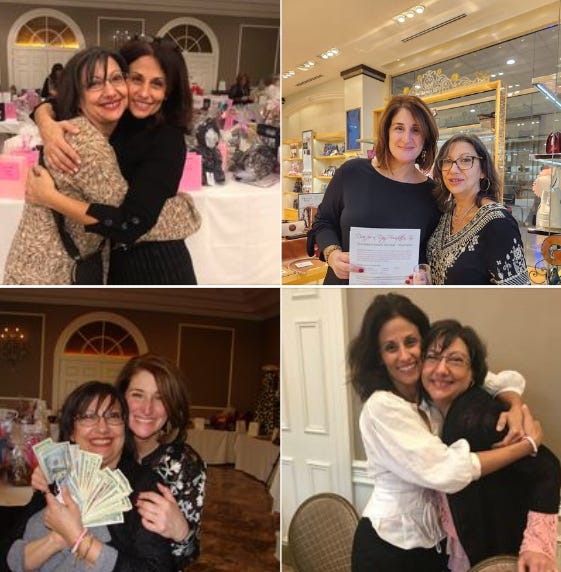
Did you experience any other health issues during this time?
A: Right after I finished chemotherapy, I was diagnosed with thyroid cancer. The chemo kicked me into menopause, and because of my thyroid cancer, I had to have my thyroid removed. I gained 40 or 50 pounds and felt awful, but I kept telling myself I was one day closer to the end of it. I also have a very low bone density because of the drugs I was taking. My bone density is so low that I’ve already fractured my sacrum from falling.
Q: How has cancer changed your life?
A: I’ve learned to take care of myself and get back to eating healthier. That’s how I grew up. I’ve also learned that I’m a lot tougher than I thought I was.
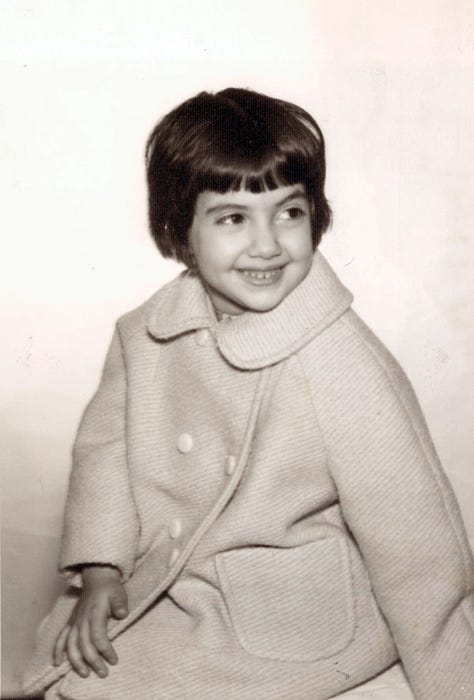
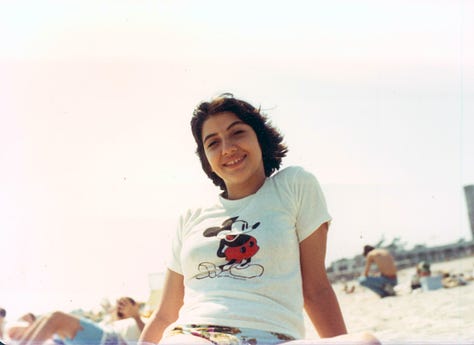
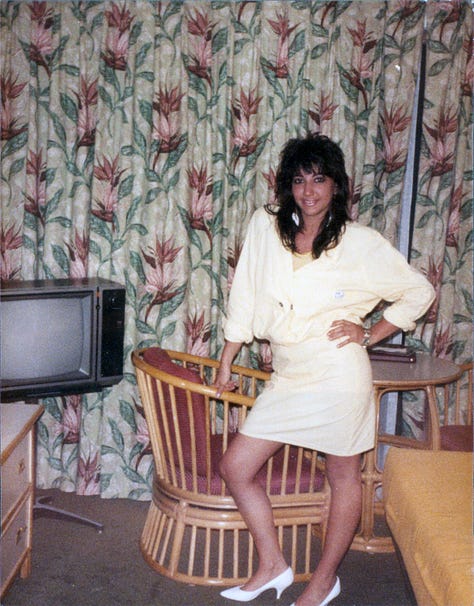
Q: How did you get involved with Diva for a Day?
A: I was working as a realtor at Remax at the time of my diagnosis. Another realtor, Debbie Sestokas, who was also a breast cancer survivor, had just started the foundation. The foundation started when Debbie and her friend Peggy Matzen were volunteering at the hospital. They were so moved by a woman who continued to work her night shift as a janitor at a school while receiving chemo that they wanted to do something nice for her. They went to a beauty salon to buy her a day of beauty, and the salon offered to provide the services for free after hearing the woman’s story. That’s how Diva for a Day was born. The foundation now provides Diva Days to women in all 50 states. They provide more than just beauty services; they provide healing energy and love.
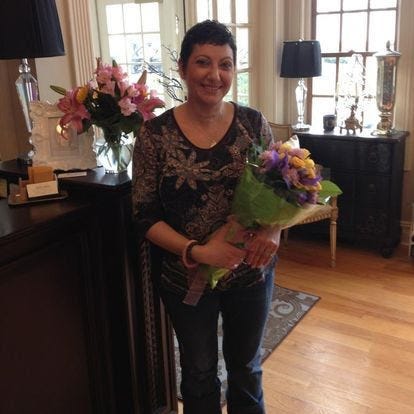
Q: What do you do for Diva for a Day?
A: I initially worked as a salon coordinator, connecting with the divas and meeting them at the salon. I was giving out my phone number because everyone wanted to talk to a survivor, but all the calls about recurrence started to affect me mentally. I’ve since taken a step back from that role but still do fundraising and spread awareness about the organization. I also offer support to women with cancer on an unofficial level. If I see someone post that they are sick, I send them a message and offer to talk to them.
Q: What advice would you give someone who wants to help a friend or family member who is battling breast cancer?
A: Be specific. Don't just ask if there is anything you can do, because most likely they will say “No, I’m fine.” Offer to pick up groceries, order them a pizza, or go with them to chemotherapy. I had such an incredible support system with my family, husband, mother, my sons, my sister in law, and my best friend, Marisa. Let them know that you are there for them, even if they don’t call back. Send them a text with a smiley face, so they know they’re not out of your life.
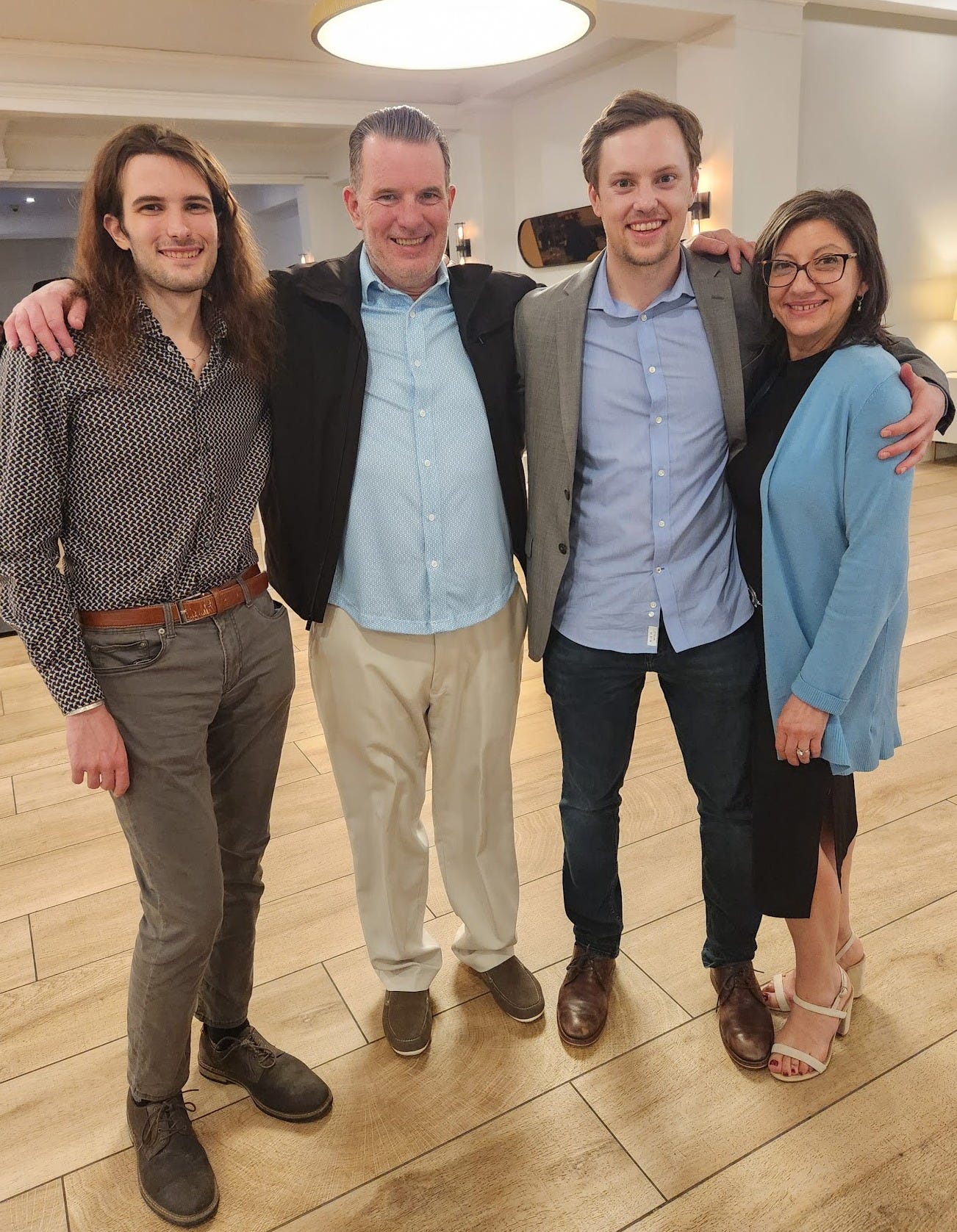
As told to and edited by Teresa Bellock and Sandra Ditore.
Roseann O'Keefe, 60, is a wife, mother, breast cancer survivor, and a top-producing realtor with NextHome Premier. Every October, she shares her personal breast cancer journey with followers on Facebook and Instagram, offering support and encouragement. As a passionate advocate, Roseann is always open to connecting with newly diagnosed women, providing guidance, inspiration, and uplifting conversations. In her free time, she enjoys traveling with her husband and playing a good game of golf.




